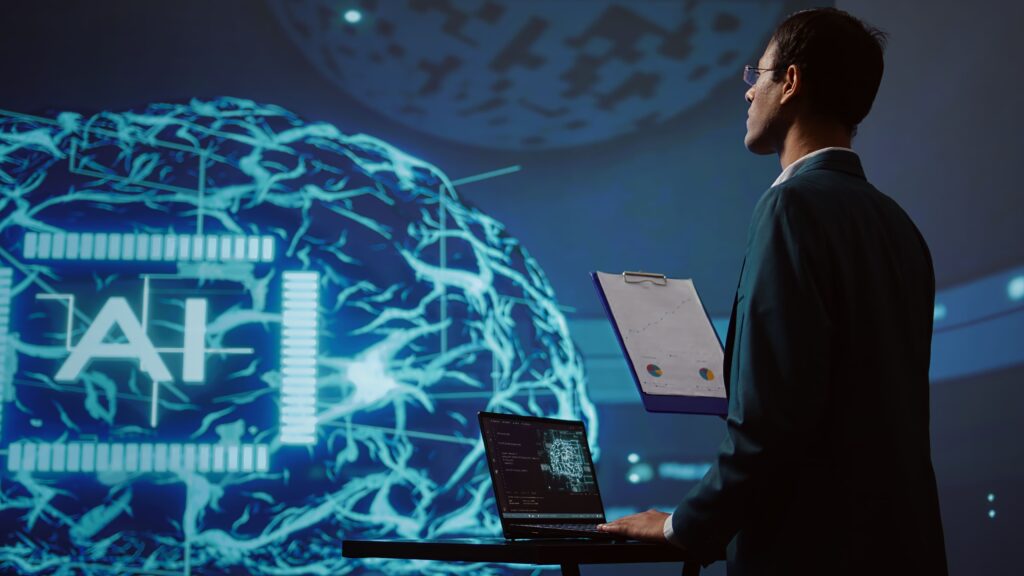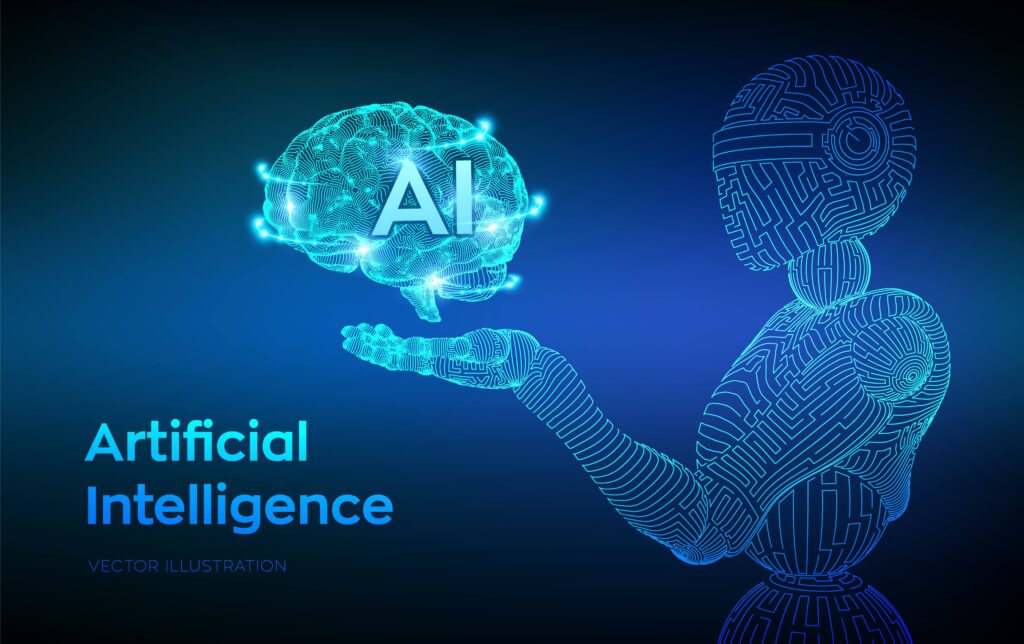Introduction
Artificial Intelligence (AI) is no longer a concept of science fiction; it is a powerful tool that is transforming every sector of our lives. From healthcare to entertainment, AI is making systems smarter and businesses more efficient. But what exactly is AI, why is it important, how can you start learning it, and what does the future hold?
What Is Artificial Intelligence?
Definition and Explanation
AI refers to the simulation of human intelligence in machines that are programmed to think, learn, and make decisions. It includes subfields such as machine learning, natural language processing, robotics, and computer vision.
Brief History of AI
1950s: Turing Test and early theories.
1980s: Rise of expert systems.
2010s: Breakthroughs in deep learning.
2020s: Widespread real-world applications.
Benefits of Artificial Intelligence
1. Increased Efficiency and Automation
AI automates repetitive tasks, saving time and reducing human error. Examples include:
Chatbots for customer service.
Automated manufacturing lines.
2. Smarter Decision-Making
AI can analyze vast amounts of data to help businesses make data-driven decisions using predictive analytics and real-time insights.
3. Healthcare Revolution
AI detects diseases early through medical imaging.
Virtual health assistants monitor patient conditions.
4. Enhanced Personalization
AI tailors experiences in:
E-commerce (product recommendations).
Streaming platforms (Netflix, Spotify).
Online education platforms.
5. Improved Safety and Security
Facial recognition for security.
AI in surveillance systems.
Fraud detection in banking.
6. Environmental and Scientific Applications
Climate modeling and disaster prediction.
AI in space exploration and scientific research.
7. Economic Growth and Job Creation
AI is opening new career paths and industries, even though it’s automating some traditional roles.

How to Learn Artificial Intelligence
1. Understand the Prerequisites
Mathematics: Linear algebra, probability, statistics.
Programming: Python is the most popular language.
Computer Science Basics: Data structures and algorithms.
2. Learn the Core Concepts of AI
Machine Learning (ML): Supervised, unsupervised, reinforcement learning.
Deep Learning (DL): Neural networks, CNNs, RNNs.
Natural Language Processing (NLP).
Computer Vision.
AI Ethics and Fairness.
3. Recommended Learning Platforms
Courses:
Coursera (Andrew Ng’s ML course)
edX, Udacity, MIT OpenCourseWare
Books:
“Artificial Intelligence: A Modern Approach” by Russell and Norvig
“Hands-On Machine Learning with Scikit-Learn, Keras, and TensorFlow” by Aurélien Géron
YouTube Channels:
Sentdex, 3Blue1Brown, Two Minute Papers
4. Hands-On Projects and Practice
Kaggle competitions
Build projects (chatbots, recommendation systems, image classifiers)
GitHub repositories
5. Join the AI Community
Online forums (Reddit, Stack Overflow, AI-specific Discords)
Attend AI conferences and webinars
Contribute to open-source AI projects

The Future of Artificial Intelligence
1. AI in Daily Life
AI will become even more integrated into our lives through smart assistants, home automation, personalized learning, and more.
2. AI in Industry
Healthcare: Personalized medicine, robotic surgery.
Education: Adaptive learning systems.
Transportation: Autonomous vehicles.
Agriculture: AI-powered precision farming.
3. Ethical and Social Implications
Bias in AI models
Data privacy
Impact on employment
Need for transparent and ethical AI development
4. General Artificial Intelligence (AGI)
AGI refers to AI systems that can perform any intellectual task a human can. It remains a long-term goal but has huge implications.
5. Government Policies and Regulations
AI governance will play a major role in how it’s deployed globally. Countries are creating frameworks to ensure AI is used responsibly.
6. Collaboration Between Humans and AI
The future isn’t about AI replacing humans but enhancing human potential. AI tools will assist doctors, teachers, engineers, and more.

Challenges and Limitations of AI
1. Data Dependency
AI systems require large datasets for training, which can be hard to obtain and may contain biases.
2. Lack of Transparency
Deep learning models are often “black boxes,” making their decision-making process hard to interpret.
3. Ethical Dilemmas
AI in warfare, surveillance, and social media raises moral questions.
4. High Computational Resources
Training AI models can be resource-intensive and environmentally unfriendly.
AI Career Opportunities
In-Demand Roles
AI Research Scientist
Machine Learning Engineer
Data Scientist
AI Product Manager
Robotics Engineer
Industries Hiring AI Talent
Tech and software companies
Healthcare and pharmaceuticals
Finance and banking
E-commerce
Government and defense
Conclusion
Artificial Intelligence is not just a trend—it is a revolution that is reshaping the future of humanity. Whether you’re a student, professional, or entrepreneur, understanding and leveraging AI can open doors to unlimited possibilities. By learning AI today, you are investing in a smarter, more efficient, and more innovative tomorrow.
If you’d like, I can expand this outline into a full article of over 2500 words with rich, SEO-friendly content, relevant images (with captions), and proper formatting. Would you like me to proceed with writing the full article now?

